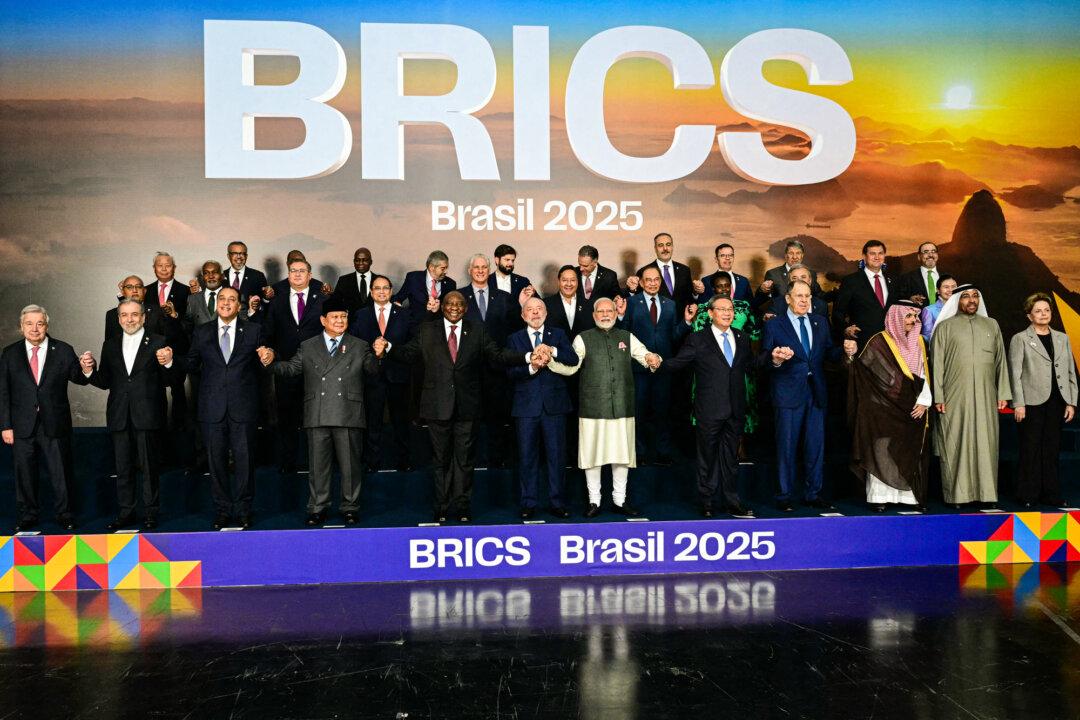Has the trade war between the Unites States and China just turned into a currency war? It certainly looks that way. For the first time since the Great Recession in 2008, the value of the yuan fell below the 7:1 ratio against the U.S. dollar. This policy mandated devaluation is a very significant response by the Chinese and comes with a variety of possible implications.
Currency Manipulator
It has prompted the Trump administration to officially label China as a currency manipulator, which immediately lead to heavy losses in the stock market. That may or may not be justified, because China has actually been manipulating the yuan for years, just in the opposite way. China’s yuan is not traded in the markets like other currencies. Rather, its value has been carefully controlled—that is, manipulated—by the People’s Bank of China (PBOC) to trade within a narrow 2 percent band up or down its official fixture.Paradoxically, tariffs tend to weaken a currency’s value anyway, because they weaken the economy behind the currency. And it’s worth noting that only when the PBOC stopped its support of the yuan, and let it “float” in the market that its value against the dollar fell. The market forced this devaluation, not the central bank.





